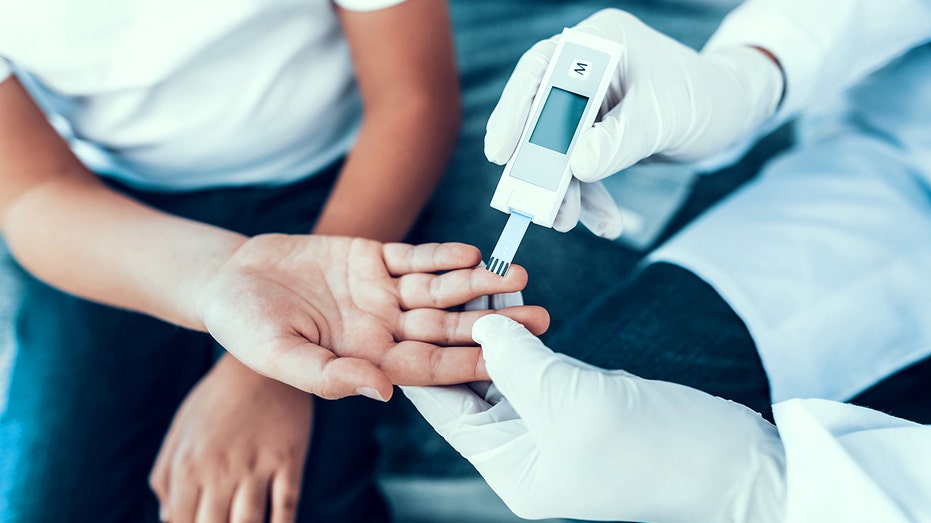A potential cure for type 1 diabetes has been identified by scientists in a new mouse study.
In an animal study, researchers at Stanford School of Medicine discovered that resetting the immune system in diabetic mice and creating new insulin-making cells reversed the disease in 100% of cases, according to a Stanford press release.
The researchers took a group of 19 pre-diabetic mice and gave them a non-toxic "conditioning" treatment that included low levels of radiation and special antibodies that reduce certain immune cells called T-cells, according to the study release.
HOW TO REVERSE PREDIABETES BEFORE IT LEADS TO TYPE 2 DIABETES
The goal was to make the mice’s immune systems less reactive so that the scientists could test new therapies more effectively.
The mice then received stem cell transplantation using the bone marrow cells of other mice, as well as donor islet cells (insulin-making) cells.
The researchers’ goal was to create a "mixed chimerism" — an environment where the mouse has both its own cells as well as donor immune cells.
This method prevented the development of diabetes in all 19 pre-diabetic mice, as published in the Journal of Clinical Investigation.
The researchers also studied nine mice that had long-standing type 1 diabetes. All nine of the mice were cured by the combined stem cell and islet transplantation.
The results did not indicate any major side effects or immunity depletion, the scientists noted.
TEST YOURSELF WITH OUR LATEST LIFESTYLE QUIZ
Although this study was only done in mice and required some radiation, which could be limiting in future research, the experts shared their optimism that the treatment could eventually be applied to humans.
In addition to diabetes, this "gentler pre-conditioning approach" could make stem cell transplants a "viable treatment for autoimmune disease such as rheumatoid arthritis and lupus, and non-cancerous blood conditions like sickle cell anemia," the researchers wrote.
"The key steps in our study — which resulted in animals with a hybrid immune system containing cells from both the donor and the recipient — are already being used in the clinic for other conditions," study co-author Seung K. Kim, M.D., Ph.D., the KM Mulberry Professor and a professor of developmental biology, gerontology, endocrinology and metabolism at Stanford University, wrote in a statement.
CLICK HERE TO SIGN UP FOR OUR HEALTH NEWSLETTER
"We believe this approach will be transformative for people with type 1 diabetes or other autoimmune diseases, as well as for those who need solid organ transplants."
Fox News senior medical analyst Dr. Marc Siegel commented on these findings in an interview with Fox News Digital, noting that although it is "preliminary work," it could show promise for humans.
CLICK HERE FOR MORE HEALTH STORIES
"This is a feasible approach and can be translated into human treatment, but will need to be modified via genetic analysis and artificial intelligence for a personalized approach to autoimmunity, which causes type 1 diabetes," he said. "It's not one-size-fits-all."

 1 month ago
1 month ago










 English (US)
English (US)